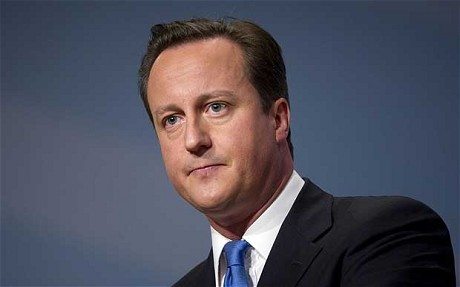Announcing the government’s programme on Wednesday at the state opening of parliament, the Queen said: “My government’s first priority is to strengthen Britain’s economic competitiveness. To this end it will support the growth of the private sector and the creation of more jobs and opportunities.”
Business groups have welcomed measures such as a bill to pave the way for the HS2 high-speed rail line and the energy bill to clarify subsidies for the sector. But the CBI employers’ group has raised concerns about a raft of new consumer rights, including a proposal to allow individuals to take legal action against a company on behalf of a group of plaintiffs, reports The FT.
Ministers are also focusing on living standards and other core issues for voters. Mr Cameron and Mr Clegg said: “This Queen’s Speech is all about backing people who work hard and want to get on in life.”
The centrepiece is an immigration bill, which promises to regulate migrant access to the health service and other benefits. But Jeremy Hunt, the health secretary, suggested the government had no concrete proposals on how to stop migrants from being treated on the NHS, or how to stop them receiving social housing. He told the BBC’s Today programme ministers would announce “details of how we sort out that particular problem in due course”.
Other major bills being planned by the government include one to cap social care costs, one to reform the state pension and another to extend supervision of offenders once they leave prison.
But Downing Street is under pressure to explain why several planned measures were dropped, including plain cigarette packaging, a minimum price on alcohol and a statutory register of lobbyists.
Mr Cameron is facing questions about what role his new election strategist, Lynton Crosby, who as a lobbyist has represented alcohol and tobacco firms, played in shaping the Queen’s Speech. Senior Conservatives have told the Financial Times that Mr Crosby was a key force in planning the package, and specifically credited him with persuading the prime minister to drop what he saw as non-core measures from the bill.
Three groups representing lobbyists and public relations experts issued a joint statement after the speech calling the omission of a register “incredibly disappointing.”


